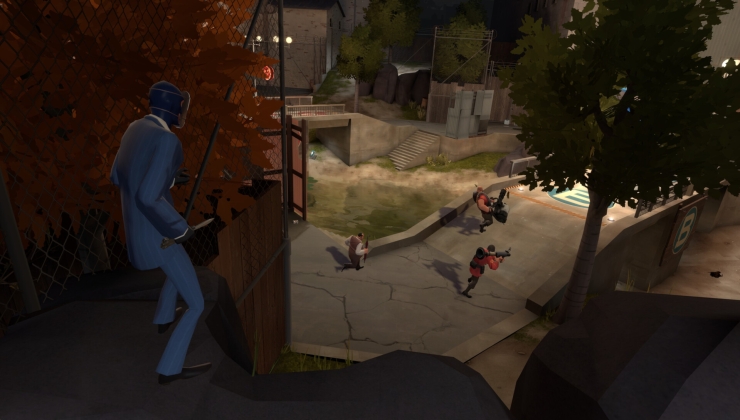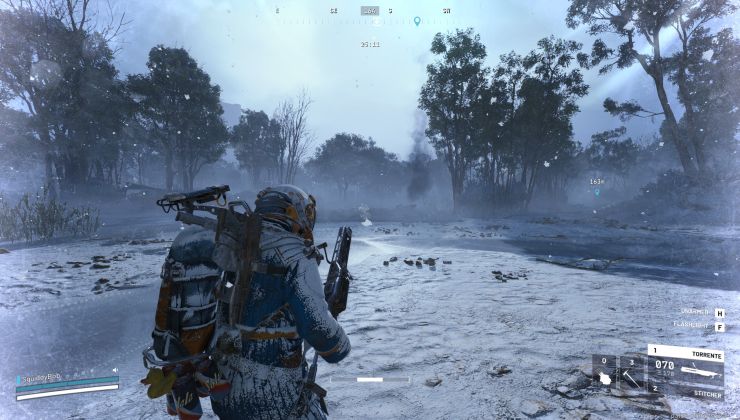If you'll recall from our previous coverage, Unity Software last week came out with a plan to change runtime policies into what could be mistaken for a suicide note. That plan involved game developers paying a fee of up to $0.20 for every game install after the 200,000 lifetime mark and $200,000 a year in revenue. This change would be retroactive as well, for games already released. It was a plan that left devs both asking questions as to the feasibility of tracking every install and being enraged at what would be a death blow to their operations.
The backlash to this scheme was immediate and painful. Indie devs announced they would either be pulling their games or swapping to a new engine. CEO John Riccitiello got put back on the radar as everyone's CEO to hate after he had done so well to avoid the spotlight since ruining EA. Death threats were sent in which forced an office closure. And Unity's stock price plunged in the following days as doubts over the company's future were cast.
In response, Unity sent out a feckless apology last night and promised changes. However, they kept hush about what those changes would be, which only served to open them up to more mockery and hate. Now, as reported by Jason Schreier of Bloomberg, Unity has laid out a tentative plan to try and repair its reputation while still wringing money out of devs.
Unity will now limit fees to 4% of revenue, it will only apply to games making over $1 million and that reaching the install threshold will no longer be retroactive. On top of this, instead of using tracking software, devs will now simply self-report how many installs of a game were made. CEO John Riccitiello also emphasized that this would only affect the top 10% of users, though whether that's true or not remains to be seen.
On the face of it, this is better good news for devs. The problem, at least on Unity's end, is that they've shattered developer trust. How can people trust them to not try and bring those disastrous policies back when no one is looking?
The idea of taking a small share of revenue was something devs had proposed as a potential monetization idea for Unity. If Unity had done that in the first place it would have avoided this whole embarrassing mess it finds itself in. More embarrassingly for Unity, one could assume that the swap to an install reporting scheme seems to be admitting the install tracking was either unfeasible or a bad idea entirely. Which it is a bad idea, and we should all be glad they're dropping it. But simply put, the whole thing has turned into a gigantic mess that could have been avoided if Unity had simply talked with it's users first about these changes to monetization.
As these plans are tentative however, it remains to be seen whether this is the path Unity goes down or not. Regardless, I think it's safe to say that Unity's days as the game engine of choice for many devs are over.




 How to setup OpenMW for modern Morrowind on Linux / SteamOS and Steam Deck
How to setup OpenMW for modern Morrowind on Linux / SteamOS and Steam Deck How to install Hollow Knight: Silksong mods on Linux, SteamOS and Steam Deck
How to install Hollow Knight: Silksong mods on Linux, SteamOS and Steam Deck